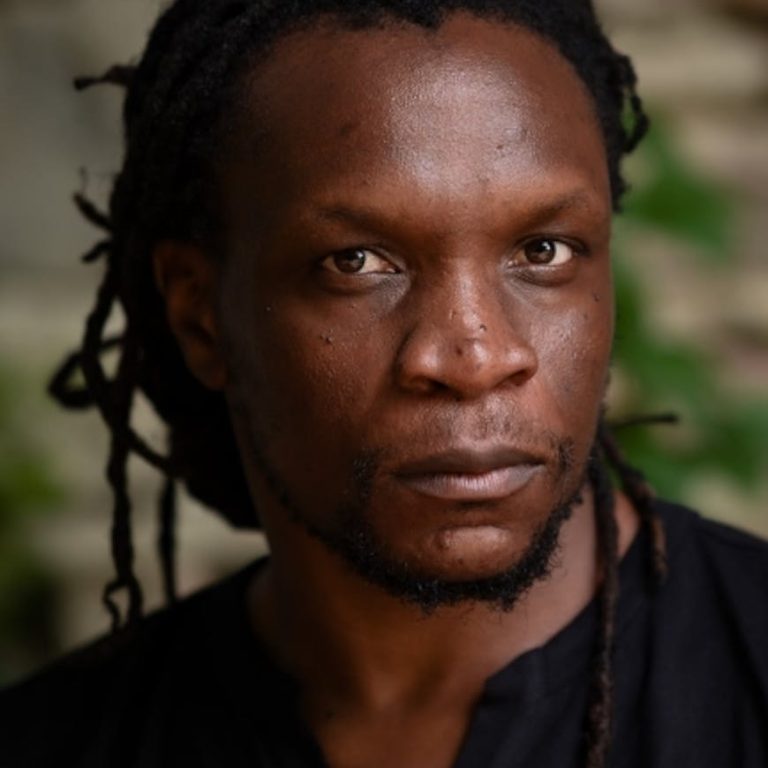Michael Symmons Roberts uses a powerful technique to unforgettable effect in “The Hands”, a poem from his 2005 International Griffin Poetry Prize shortlisted collection Corpus.
The device in question is synecdoche, in which a part of something represents the whole, or a whole represents a part. As this definition goes on to explain,…
Michael Symmons Roberts uses a powerful technique to unforgettable effect in “The Hands”, a poem from his 2005 International Griffin Poetry Prize shortlisted collection Corpus.
The device in question is synecdoche, in which a part of something represents the whole, or a whole represents a part. As this definition goes on to explain, “synecdoche may also use larger groups to refer to smaller groups or vice versa. It may also call a thing by the name of the material it is made of or it may refer to a thing in a container or packing by the name of that container or packing.”
In fact, Symmons Roberts’ macabre but entrancing poem manages to go in both synecdochical directions, with chilling economy. First, the poem refers to “a village”, which is a gathering of people, and then just four lines later, that same gathering is reduced to “a sack of hands.” The people who are victims of the attack grimly alluded to here are never mentioned. From the collective group to its parts, obtained in grisly fashion, the subjects remain absent and disembodied.
Symmons Roberts’ nightmarish piece clearly echoes “The Colonel” by Carolyn Forché. It’s both homage and an acute paring down of the painful but necessary work done by Forché’s poem, which does acknowledge that there are human beings associated with what is shockingly revealed at its climax. Both poems decry literal dehumanizing and silencing of voices through gut-wrenching use of a potent literary device.



